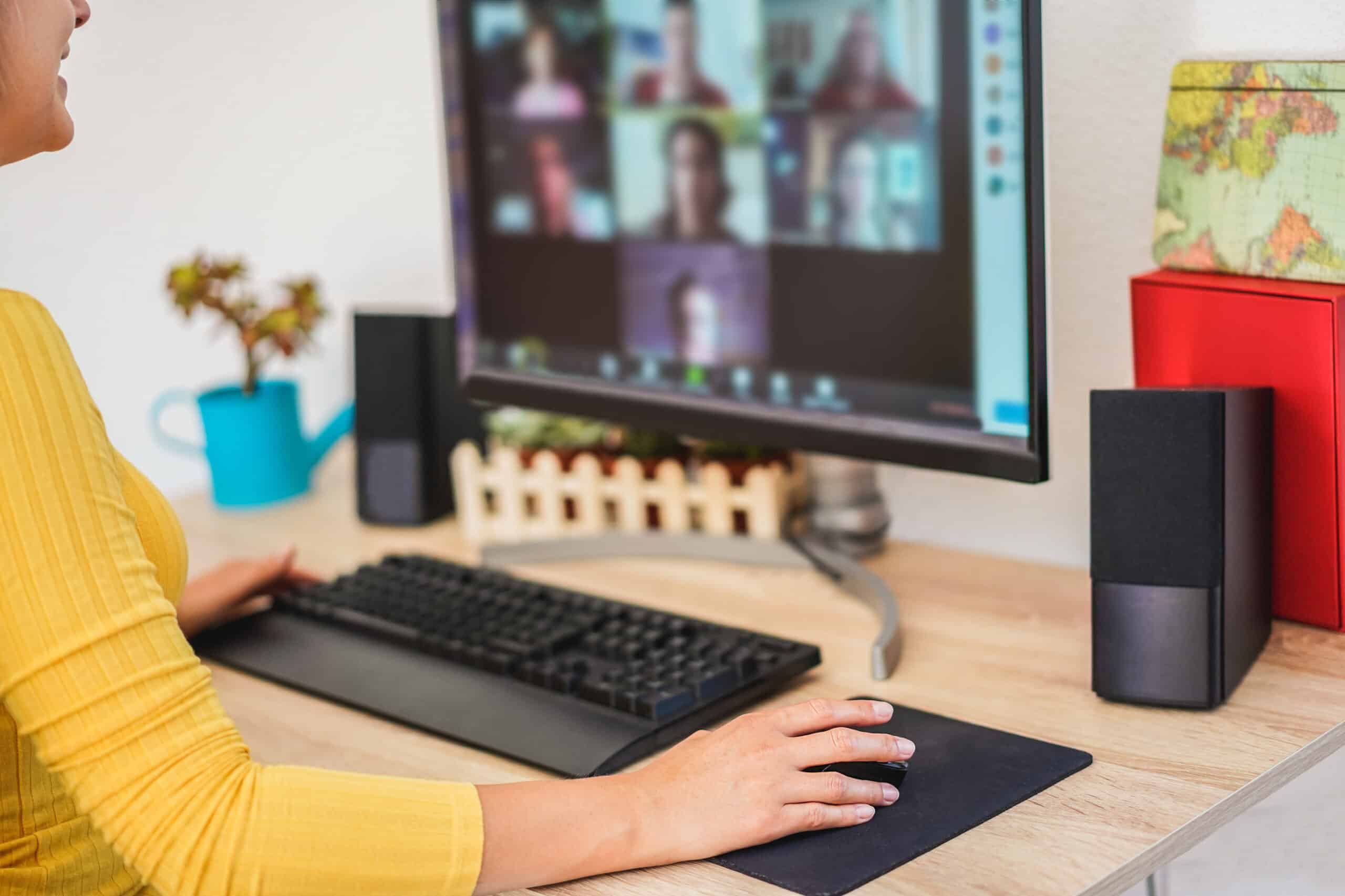With the increasing prevalence of remote work and freelancing, screen time has become an integral part of our lives. However, excessive screen time can have a negative impact on our mental health, especially for those who work remotely or freelance. It’s important to understand the relationship between screen time and mental health and learn how to manage it effectively to prevent negative consequences.
The Relationship between Screen Time and Mental Health
Research has shown that excessive screen time can have negative effects on mental health. Prolonged exposure to screens can lead to eye strain, headaches, and disrupted sleep patterns. In addition, excessive screen time has been linked to anxiety, depression, and other mental health issues.
The relationship between screen time and mental health is complex and multifaceted. While some studies have found a correlation between excessive screen time and poor mental health outcomes, other studies have found no such link. Factors such as the type of screen activity, duration, and context of screen use can all play a role in determining the impact of screen time on mental health.
For remote workers and freelancers, screen time is often an unavoidable aspect of their work. They may spend hours each day staring at a computer screen or participating in virtual meetings. This constant exposure to screens can take a toll on their mental health, leading to symptoms such as eye strain, fatigue, and burnout. Additionally, the lack of separation between work and personal life that comes with remote work and freelancing can make it difficult to set boundaries around screen time, further exacerbating the impact on mental health.
It’s important for remote workers and freelancers to be aware of the potential impact of screen time on their mental health and take steps to mitigate it, such as taking regular breaks, setting boundaries around work hours, and engaging in non-screen activities during leisure time. By prioritizing mental health and mindful screen use, remote workers and freelancers can help prevent the negative consequences of excessive screen time.
The Invisible Strain of Screen Time
Invisible strain refers to the subtle and often unnoticed physical, mental, and emotional effects of prolonged or excessive screen time. While the impact of screen time on physical health (such as eye strain and posture problems) is well-known, the less visible impact on mental and emotional well-being is often overlooked.
Excessive screen time can create invisible strain in a number of ways. For example, the blue light emitted by screens can disrupt sleep and circadian rhythms, leading to fatigue and decreased productivity. Additionally, constantly being connected and available through screens can lead to a sense of always being “on,” making it difficult to switch off and relax. Finally, the sedentary nature of screen time can lead to physical health problems such as back pain, weight gain, and poor circulation.
Remote workers and freelancers may be particularly vulnerable to the invisible strain of screen time due to the nature of their work. The blurred lines between work and leisure time, the pressure to be always available and responsive, and the lack of physical activity associated with desk-based work can all contribute to the invisible strain. This can lead to symptoms such as burnout, stress, and anxiety, which can impact both work and personal life.
Gaming and Working from Home
Gaming can have a significant impact on screen time for remote workers and freelancers. While gaming can be a fun and enjoyable activity, it can also be time-consuming and addictive, leading to excessive screen time. Gaming can also lead to a sedentary lifestyle, as individuals may spend long periods sitting in front of a screen without taking breaks to move around and stretch.
The impact of gaming on mental health is a topic of much debate in the scientific community. While some studies have found a link between excessive gaming and negative mental health outcomes, others have found no such correlation. However, it’s important to note that gaming addiction is a recognized mental health disorder, and excessive gaming can lead to symptoms such as anxiety, depression, and social isolation.
For some remote workers and freelancers, gaming can serve as a valuable coping mechanism for managing stress and promoting relaxation. Gaming can provide a sense of escape from the demands of work and offer a way to unwind and recharge. Additionally, online gaming can offer social interaction and a sense of community, which can be particularly beneficial for those who work in isolation.
However, it’s important to approach gaming mindfully and in moderation. Gaming should not be used as a substitute for healthy coping mechanisms such as exercise, socializing, and relaxation techniques. It’s also important to be aware of the potential negative consequences of excessive gaming and to seek help if gaming starts to interfere with daily life and mental health.
Conclusion
The relationship between screen time and mental health is complex, and it’s important for remote workers and freelancers to be aware of the potential impact of excessive screen time on their mental well-being. While screen time is often an unavoidable aspect of their work, it’s important to manage it mindfully and prioritize breaks, self-care, and healthy coping mechanisms.
As remote work and freelancing become increasingly common, it’s more important than ever to prioritize mental health when it comes to screen time and gaming. This means taking regular breaks, setting boundaries around work and leisure time, and engaging in healthy coping mechanisms such as exercise, socializing, and relaxation techniques. By making mental health a priority, remote workers and freelancers can help prevent the negative consequences of excessive screen time and gaming and promote a healthy, sustainable work-life balance.




